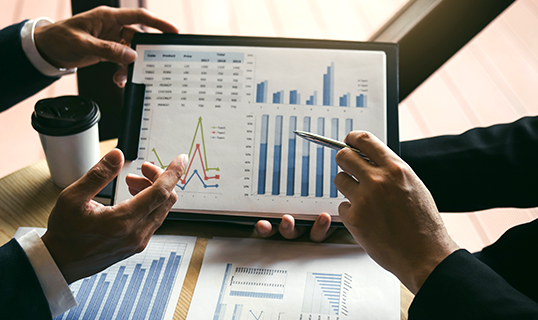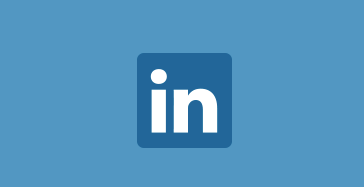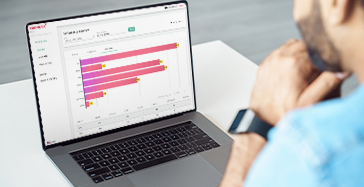Thought Leadership
Putting Upsell Revenue Contributions into Context

Before Covid arrived on the scene, the hotel sector relied on business travelers for two-thirds of its revenue – but due to travel restrictions and the rise of remoting working, the corporate traveler and their many pre-pandemic-era trips may be forever changed. With questions over what and when this sizable segment might return, hotels are having to think up of new ways to drive more revenue from their other segments. The good news is that technology is providing some new opportunities.
A permanent impact on business travel?
Most hotels rely on a mix of leisure and business guests acquired through its own, unique distribution channel mix. Pre-pandemic, business travel accounted for around 70% of all global revenue for high-end hotel chains. But, as a result of COVID-19 and the extensive travel restrictions both locally and internationally, there was a 61% collapse in business travel spend in 2020.
Almost two years on and travel has resumed. Guests have returned and occupancy, in some cases, is exceeding pre-pandemic levels. According to a report from the hotel data and analytics company STR, some U.S. hotels experienced near 70% occupancy rates in July of 2021, the highest rate seen since August 2019. But this recovery has largely been driven and powered by vacationers and the leisure segment. Corporate travel and group business, a pillar of hotel revenue, crucial for city center hotels and groups, remains somewhat absent. STR has suggested that we are likely to see a continued lack of group demand with event planners booking later in 2022 and beyond.
With the combination of the Delta variant in the Fall and the Omicron variant in the Winter, there has been some pull-back of the leisure segment – but the real concern is the lasting impact of Covid on business travel. Covid propelled remote working and may have shown businesses that travel costs could successfully be reduced with little productivity impact. A Bloomberg survey of 45 large businesses in the U.S., Europe and Asia revealed that 84% already plan to spend less on travel post-pandemic. For some hotel markets, including San Francisco, Boston and Washington, D.C., this doesn’t bode well. The lack of business travel has caused huge reductions in occupancy rates, average daily rates, and revenues per available room (RevPAR). A report by the American Hotel and Lodging Association showed that (RevPAR) for these said cities in 2021 was just a third of 2019 levels.
With remoting working and virtual meetings replacing corporate travel volumes – and recovery cited to likely to take years, hotels are facing a revenue deficit. With a major segment shriveled by Covid, how should hotels adjust their revenue source strategies? Upselling may provide the relief hoteliers are looking for.
Upselling as a Revenue Channel
Many hotels treat upselling as trivial add-on, and as a result, it performs like one. But in the absence of regular booking volumes through the usual revenue channels, it is time that upselling is “normalized.” No, upselling is not a booking channel or a distribution channel. However, it can be a viable revenue channel and its performance should be tracked the same as the hotel’s other revenue streams. Why?
- Reliability. Automated upselling platforms make the practice more efficient and operationally reliable than previous manual processes. Automation, means “set it and forget it.” Upsell offers that are sent and transacted independent of front desk effort equates to steady revenue.
- Easy Revenue replacement. Automated upselling adds revenue with a very low amount of effort. Given the current business travel climate, it would be challenging to try to squeeze that revenue out of, say, groups and meetings. Especially considering most hotels are short-staffed in the sales department anyway.
- Low-cost revenue replacement. Every revenue channel carries costs, whether it’s commissions, fees, or negotiated rates ranging anywhere from 10 to 50 percent of revenue – but not upselling. Upselling is pure profit – 100% high margin revenue.
Upsell revenue should not be ignored
The pandemic has made hotel profitability a big challenge. In the absence of business travelers and a shifting segment paradigm, hotels need a strategy that reflects today’s market conditions. With low demand, low occupancy and limited resources, hotels need to look at what they already have and focus on maximizing the value. As Dury Kim, Vice President of Revenue Management at Real Hospitality Group noted, “In the recovery following the pandemic, it will be important to focus on optimizing segmentation as well as capturing any ancillary fee opportunities…such as late check-out or upgrade requests.”
Upselling as a revenue channel should not be ignored. Every traveler has a maximum value they can offer your hotel and upselling can help capture as much of this value as you possibly can and in turn increase the overall revenue and profitability of your hotel.


